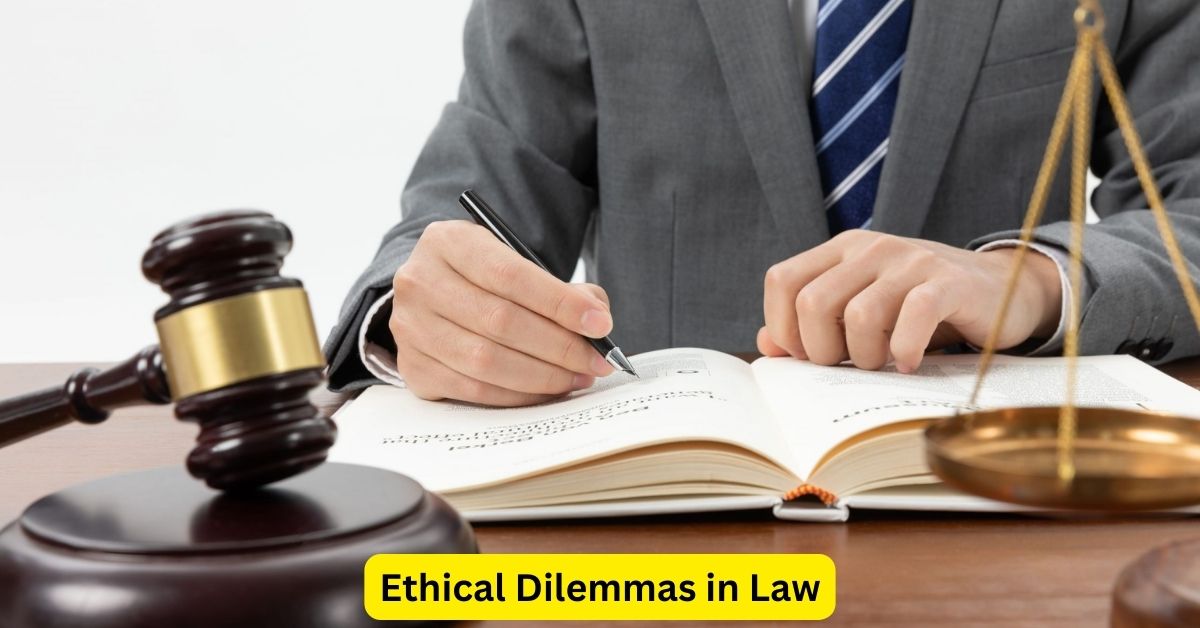Ethical dilemmas are inherent in the practice of law, presenting attorneys with challenging situations that require careful consideration of legal principles, professional responsibilities, and moral integrity. Here’s a closer look at how attorneys navigate these complex ethical issues.
Understanding Ethical Standards
Ethical standards in the legal profession are governed by codes of conduct established by bar associations and regulatory bodies. These standards outline principles of integrity, confidentiality, competence, and loyalty to clients. Attorneys are expected to uphold these ethical guidelines to maintain trust and integrity in their professional practice.
Confidentiality and Disclosure
One of the primary ethical obligations of attorneys is maintaining client confidentiality. However, ethical dilemmas can arise when disclosure of confidential information is necessary to prevent harm or comply with legal requirements. Attorneys must carefully balance their duty of confidentiality with their duty to act in the best interests of justice and public safety.
Conflict of Interest
Navigating conflicts of interest is another common ethical dilemma for attorneys. They must avoid situations where personal, financial, or professional interests could compromise their ability to provide objective and unbiased representation. Attorneys are required to disclose conflicts of interest to clients and seek informed consent or withdraw from representation when necessary to uphold ethical standards.
Zealous Advocacy vs. Professional Conduct
Attorneys are obligated to zealously advocate for their clients’ interests within the bounds of legal ethics. This includes presenting vigorous arguments, challenging opposing views, and exploring all legal avenues to achieve favorable outcomes. However, ethical dilemmas can arise when advocacy conflicts with professional conduct, such as misleading statements or tactics that undermine the integrity of the legal process.
Truthfulness and Integrity
Maintaining truthfulness and integrity is fundamental to the ethical practice of law. Attorneys must accurately represent facts, refrain from misleading statements, and uphold the integrity of evidence presented in legal proceedings. Ethical dilemmas may arise when attorneys face pressures to compromise truthfulness in pursuit of favorable outcomes or when dealing with conflicting versions of events.
Professional Judgment and Moral Compass
Ethical decision-making in law often requires attorneys to exercise professional judgment and rely on their moral compass. They must assess the legal and ethical implications of their actions, considering the potential consequences for clients, stakeholders, and the reputation of the legal profession. Ethical dilemmas challenge attorneys to navigate complex situations with integrity and accountability.
Continuing Education and Ethical Reflection
To navigate ethical dilemmas effectively, attorneys engage in ongoing education and ethical reflection. They participate in continuing legal education programs, discuss ethical issues with peers and mentors, and stay informed about evolving ethical standards and case law. Continuous learning helps attorneys strengthen their ethical decision-making skills and maintain professional competence.
Conclusion
Ethical dilemmas are integral to the practice of law, requiring attorneys to navigate complex issues with diligence, integrity, and a commitment to ethical principles. By upholding confidentiality, managing conflicts of interest, maintaining truthfulness, and exercising professional judgment, attorneys contribute to a legal system grounded in fairness, justice, and ethical conduct. Effective navigation of ethical dilemmas enhances public trust in the legal profession and ensures attorneys uphold their duty to serve the interests of justice and the rule of law.

